A Commitment to Quality Delivers Big Benefits to Advertisers and Publishers
March 29, 2024
As seen on Cynopsis
What happens when programmatic technology is left to its own devices? Advertisers find themselves footing the bill for less effective inventory. But, even more disheartening, is the fact that premium publishers are losing significant budgets to made-for-advertising (MFA) sites. Earlier this month, independent research firm Adalytics discovered that nearly every large sell side advertising platform was monetizing MFA sites with the exception of Kargo, TrustX and Ozone Project.
The barrier to entry for unsubstantiated AI-generated content is low thanks to programmatic advertising, which is creating a profitable business model based on click bait, thin content and poor user experiences. According to a recent ANA publication, 23% of total digital advertising budgets are funding MFA sites at the same time that quality publishers with real journalists like LA Times, Vice, Buzzfeed and Business Insider continue to cut staff. MFA sites are directly undermining the cornerstones of our industry.
Sadly, many sell side technology partners’ inventory includes MFA sites, making it a systemic problem. Despite their failure to offer quality content, many supply side companies are ready and willing to take advertiser money. As MFA sites make their way onto media plans, brands and agencies suffer. Blunt metrics like video completions and viewability mask the real impact, and ultimately, campaign performance falters and their brand erodes.
However, as we reviewed the report, we learned that in a header bidding commoditized world, there are a few scaled SSPs providing differentiation through the curation of their supply. When connecting with Kargo’s Chief Operating Officer, Michael Shaughnessy, he shared, “Kargo is performance-obsessed when it comes to the quality of our inventory. We are meticulous in our approach to direct supply relationships and have a dedicated team that vets each site or publisher before it is integrated into our marketplace.”
Shaugnessy sheds light on how this approach ultimately pays off for publishers and advertisers: “Kargo’s approach centers around close partnerships and collaboration with our clients, not just anonymous media buying that takes place on a dashboard. Every publisher we represent is also representing Kargo’s brand, and we take that very seriously. Our standard is high because we never want to get a call from a customer expressing disappointment with a placement. Every aspect of our campaigns needs to be high quality, starting with the content.”
Eliminating the Scourge of MFA Sites
MFA sites are essentially created out of thin air, with content designed solely to monetize through advertising. While they may appear harmless, showcasing trivial topics like celebrities, they pose significant threats. Not only is the content often written by AI, it is usually an amalgamation of articles written by real journalists. These sites divert funds from legitimate publishers and undermine the efforts of those dedicated to producing authentic material.
“These sites are built only to generate ad impressions, with extensive use of keywords and heavy ad loads disproportionate to the actual content,” Shaughnessy says. “They pose a serious threat to the entire digital advertising ecosystem.”
While MFA sites may seem like an easy way for advertisers to secure low-cost inventory, the long-term consequences are profound. “By siphoning revenue away from legitimate publishers, MFA sites destroy the quality of online content and undermine long term advertising performance and ultimately, the trust advertisers have in digital media,” Shaughnessy warns.
Quality Is the Right Approach
Kargo’s hard line against MFA inventory is based on their commitment to create value for advertisers and support the efforts of real publishers for the long term. Kargo’s strategy includes setting stringent rules to ensure their supply partners meet the highest standards. “We made the decision to prioritize quality over quantity,” Shaughnessy affirms. “While it might mean missing out on inventory that some buyers don’t scrutinize, it’s the right choice for the longevity of our business and the industry as a whole.”
